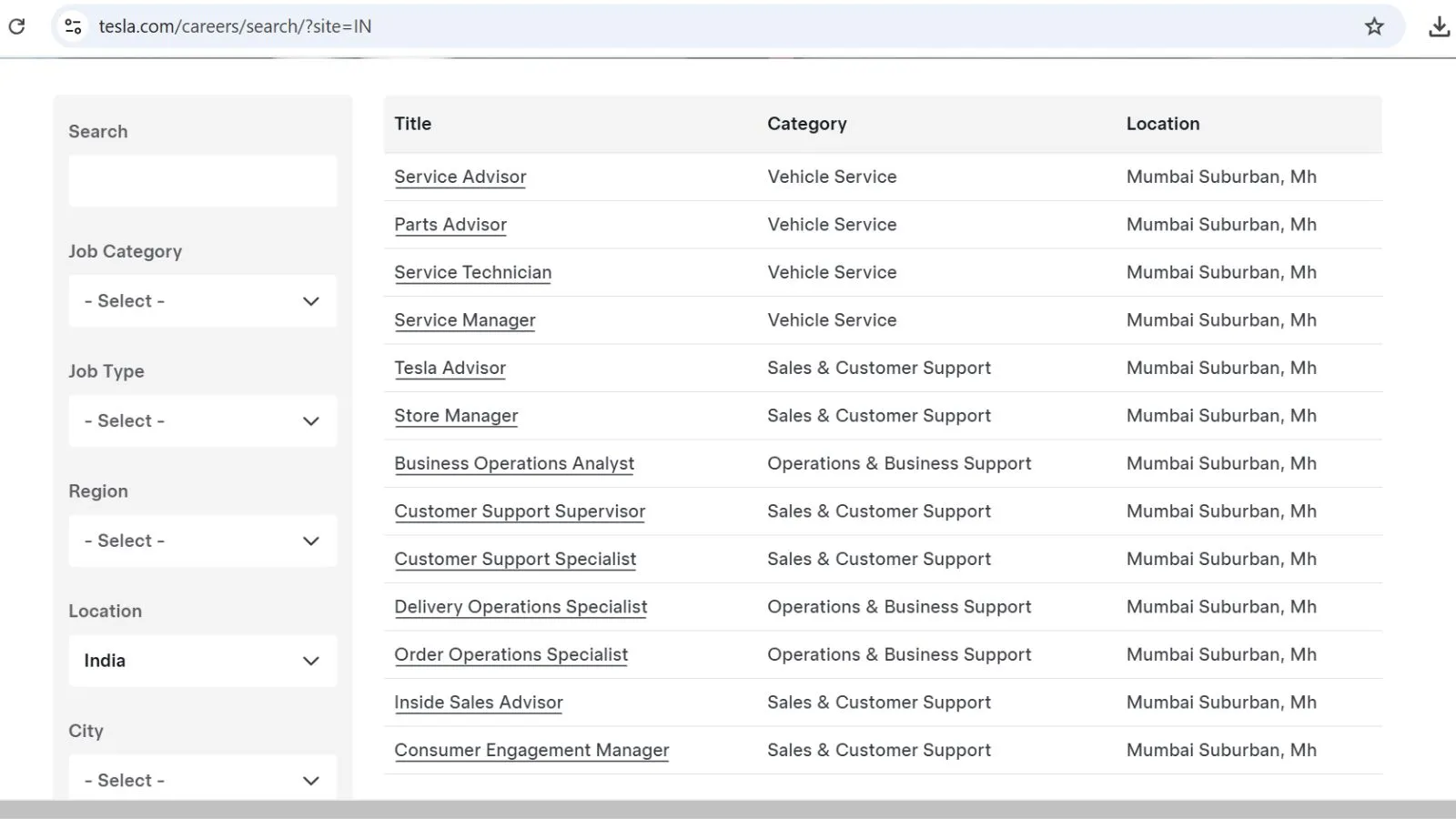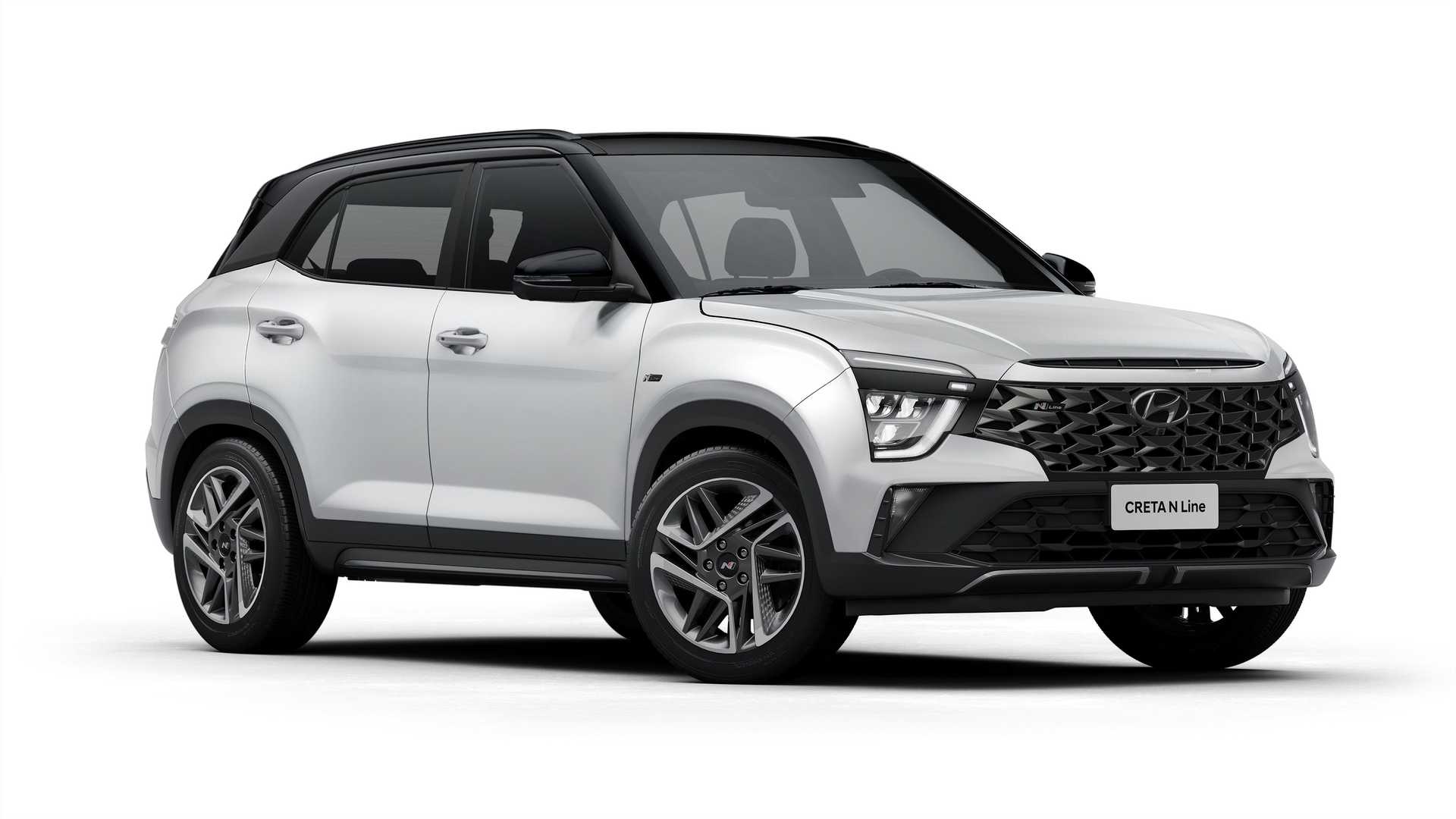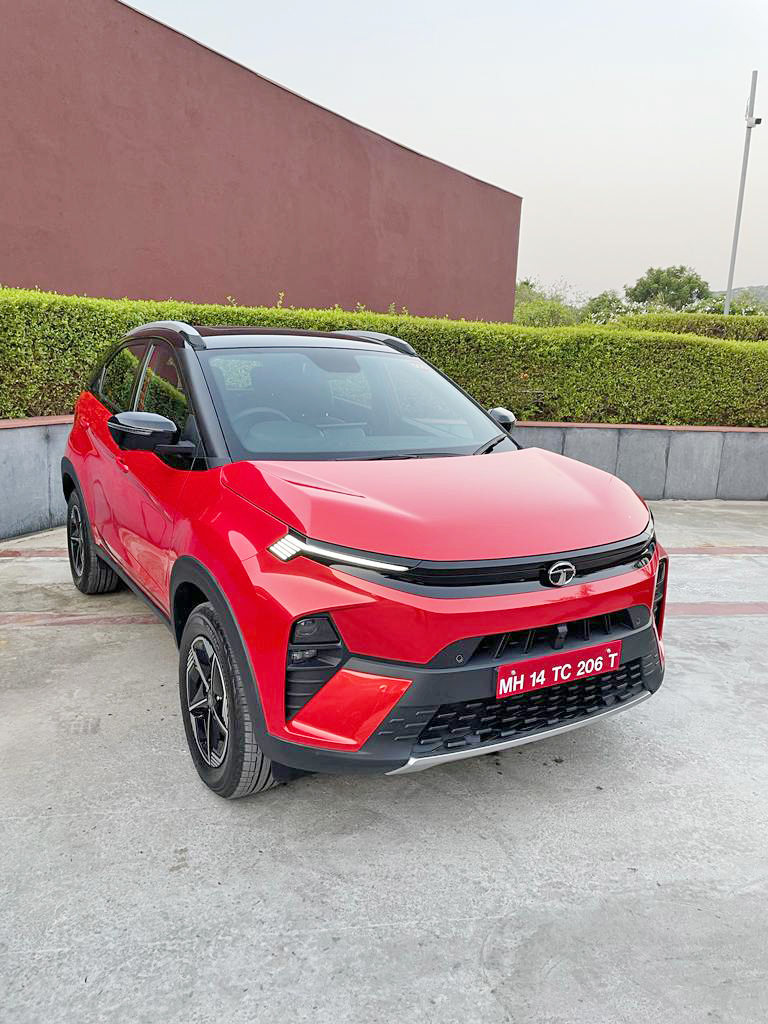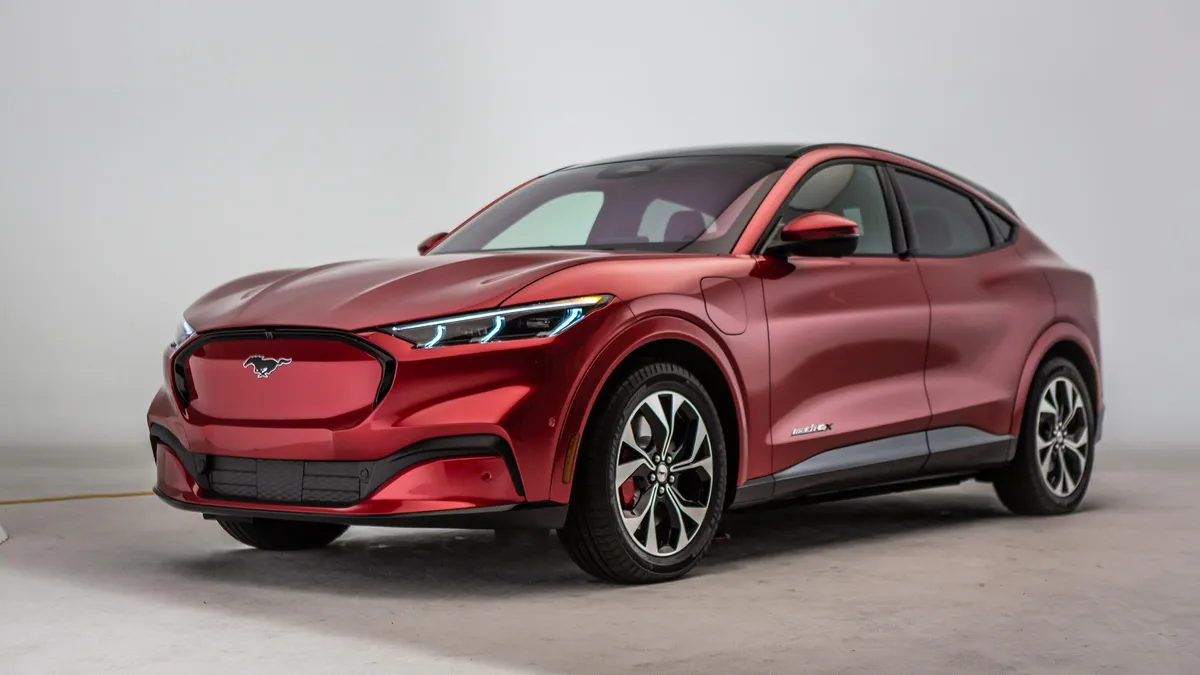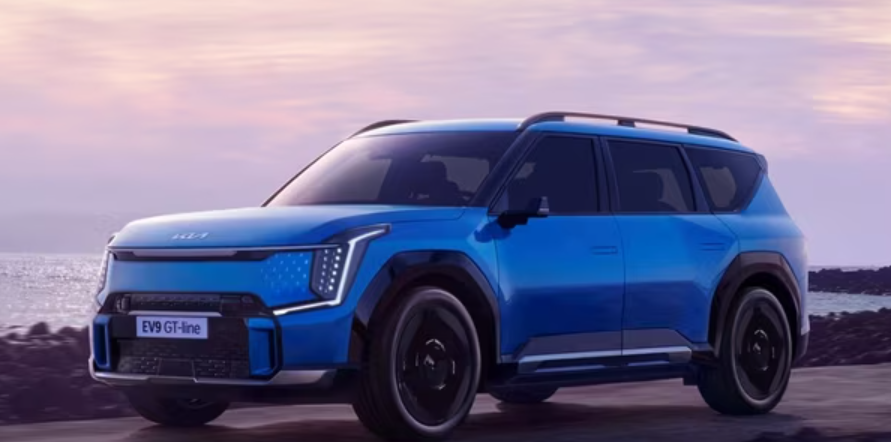The gap will remain in the foreseeable future
According to the source, Tesla seems to be significantly ahead of the rest of the electric vehicle manufacturers in terms of the cost of batteries, that is, it buys them cheaper. The cost of battery cells and batteries is often viewed as the main target for optimization in order to reduce the cost of an electric vehicle.

Tesla’s batteries cost significantly less than other EV makers
Since carmakers rely on third-party suppliers, one would think that the cost of batteries in the industry is the same, but carmakers are often involved in the development of cells to one degree or another. This results in individual solutions and cost differentials.
Tesla has long been regarded as the leader in value due to its early investment in developing battery packs using conventional cylindrical battery cells, while the rest of the industry mainly used other types of cells.
Most automakers are pretty opaque when it comes to battery costs, but Cairn Energy Research Advisors (Cairn ERA) has tried to track costs as closely as possible and have published a report that provides some actual numbers. They claim that Tesla currently leads the industry by a significant margin:
“According to the Cairn ERA, Tesla pays an average of $ 142 per kWh for battery cells purchased from three of its suppliers: Panasonic, LG Chem and CATL. By comparison, GM pays an average of $ 169 per kWh for its battery cells, while the industry average is around $ 186 per kWh. Far lower than other automakers’ fees for lithium-ion battery packs, Tesla also leads the industry in terms of battery costs for electric vehicles. Cairn estimates that Tesla battery packs average $ 187 per kWh, while GM units cost $ 207 per kWh and the auto industry averages $ 246 per kWh. ”
Given Tesla’s tremendous efforts to ramp up production, analysts believe the company will maintain its lead in battery cost over the next 10 years.
